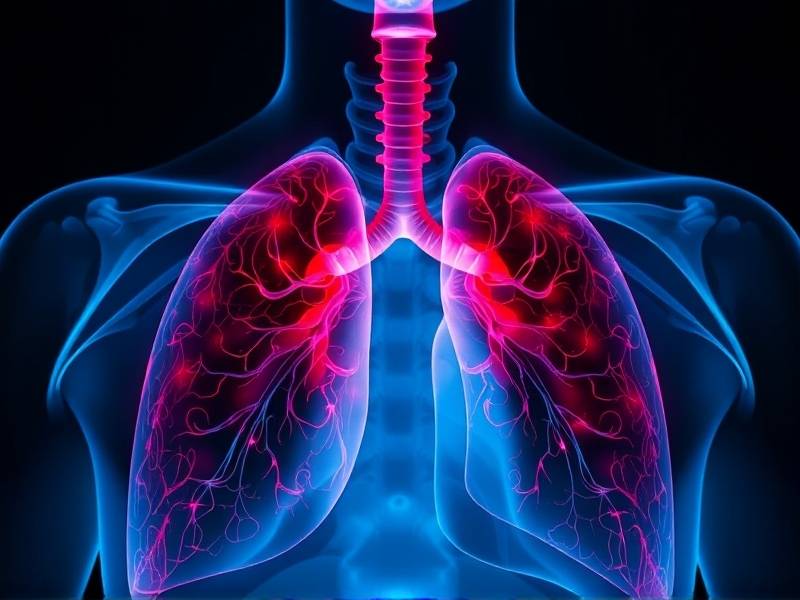How to Improve Your Lungs After Quitting Smoking: Effective Tips and Strategies
Understanding the Impact of Smoking on Your Lungs
Quitting smoking is a significant step towards improving your health, especially your lung function. Smoking damages the lungs over time, leading to chronic respiratory issues and other serious health conditions. However, with dedication and the right strategies, you can begin to reverse some of these effects.
The Importance of Post-Quitting Lung Health
After quitting smoking, it's crucial to focus on lung health recovery. The good news is that your lungs start healing almost immediately after you stop smoking. Here's how you can accelerate this process.
1. Increase Your Physical Activity
Physical activity is essential for improving lung capacity and overall health. Regular exercise can help clear out mucus from your lungs and increase oxygen flow throughout your body. Consider starting with low-impact activities like walking or swimming and gradually increase intensity as you become more comfortable.

2. Practice Deep Breathing Exercises
Deep breathing exercises can help expand your lungs and improve oxygen intake. Techniques like diaphragmatic breathing or pursed-lip breathing are particularly beneficial for smokers looking to improve their lung function.
3. Stay Hydrated
Drinking plenty of water helps keep the mucus in your lungs thin and easier to expel. Aim for at least eight glasses of water a day.

4. Avoid Exposure to Pollutants
Protecting yourself from secondhand smoke, air pollution, and other irritants is crucial for lung recovery after quitting smoking. Use air purifiers in your home if necessary.
5. Consider Supplements
Vitamin C, vitamin D, and omega-3 fatty acids are known to support lung health. Consult with a healthcare professional before starting any new supplement regimen.
6. Get Regular Check-ups
Regular check-ups with a healthcare provider can help monitor your lung function and ensure you're on the right track for recovery.
7. Maintain a Healthy Diet
A balanced diet rich in fruits, vegetables, lean proteins, and whole grains provides essential nutrients that support lung health.
Conclusion: A Journey Towards Better Lung Health
Improving lung health after quitting smoking is a journey that requires patience and commitment. By incorporating these tips into your lifestyle, you'll be well on your way to healthier lungs and a better quality of life.
Remember, every puff counts when it comes to the long-term damage caused by smoking. Taking control of your health by quitting smoking is just the beginning—a step towards a healthier future for both you and your loved ones.
Stay motivated by celebrating small milestones along the way; they add up to significant improvements in your overall well-being!
